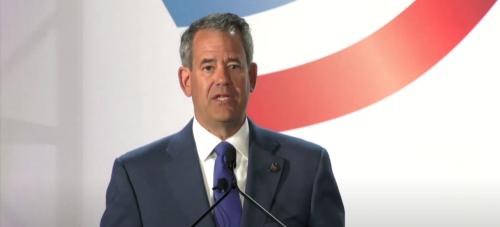This article originally appeared in Politico.
Marathon Petroleum Corporation has a longstanding tradition of supporting community and educational initiatives around the country, such as the Boys & Girls Club in Carson and Los Angeles Harbor, California, who run several educational resource and care programs aimed at engaging and assisting young people from low-income households. When the pandemic hit and public health mandates added extra pressure on families and students, the company redirected funding to help them provide grab-and-go meals and support increased online education needs.
The Flint Hills Resources community relations team took their science, technology, engineering and math (STEM) partnerships online overnight to keep young minds engaged during the suspended school year, and hosted virtual events with the Children’s Museum of Houston, the Corpus Christi State Aquarium and the Ordway Center for the Performing Arts in Minnesota. The company’s Facebook page is now filled with DIY STEM experiments led by their engineers.

vinegar to demonstrate a chemical reaction, part of a STEM at Home series on Facebook.
Phillips 66 quickly expanded beyond their traditional support for STEM education to also facilitate access to more basic necessities. The company increased funding and allowed their partner organizations to shift priorities to support immediate needs during COVID. Working with the Barbara Bush Houston Literacy Foundation, for example, Phillips 66 helped to donate education technology and 100,000 new books to the Houston Independent School District.
Across the country, fuel and petrochemical manufacturers are applying their problem-solving expertise to new challenges brought on by the pandemic, including obstacles to education, and acting nimbly to share resources to support their communities through the crisis.
“We are adapting and meeting communities, students and constituents where they are, to meet specific needs,” said Karen Beadle, Marathon Petroleum vice president of environment, social & governance and stakeholder engagement.
The fuel and petrochemical industries have invested heavily in STEM education for decades as part of their community partnerships and to build a more diverse and well-prepared talent pipeline.
“Facilitating STEM learning is foundational to preparing the next generation for high-tech jobs in our sectors, where some of the most respected engineers, scientists and experts in their fields are innovating with cleaner fuels and the petrochemicals people rely on every day — including those found in PPE like masks, face shields and gloves,” said American Fuel & Petrochemical Manufacturers President and CEO Chet Thompson. “Whether these kids ultimately work in our industries or not, we are proud that these investments help students reach their potential and foster vibrant local communities.”
Historically, students of color are less likely to enroll in advanced STEM high school courses or pursue a bachelor’s or graduate degree in the fields. And according to the National Science Board, only 18 percent of Black students and 28 percent of Hispanic students across all grade levels score at or above average on STEM standardized tests. But in an academic year unlike any other, distance learning has brought other, more critical educational and economic disparities to the forefront, including a lack of technology or access to high-speed internet needed to participate in virtual learning.
In Michigan, where the state’s department of education estimates 28 percent of students are in households without internet access, Dow sprang into action amid the spread of COVID to provide mobile hotspots along with technologies like document cameras to enable virtual learning, one of the many companies being nimble to meet emerging needs.
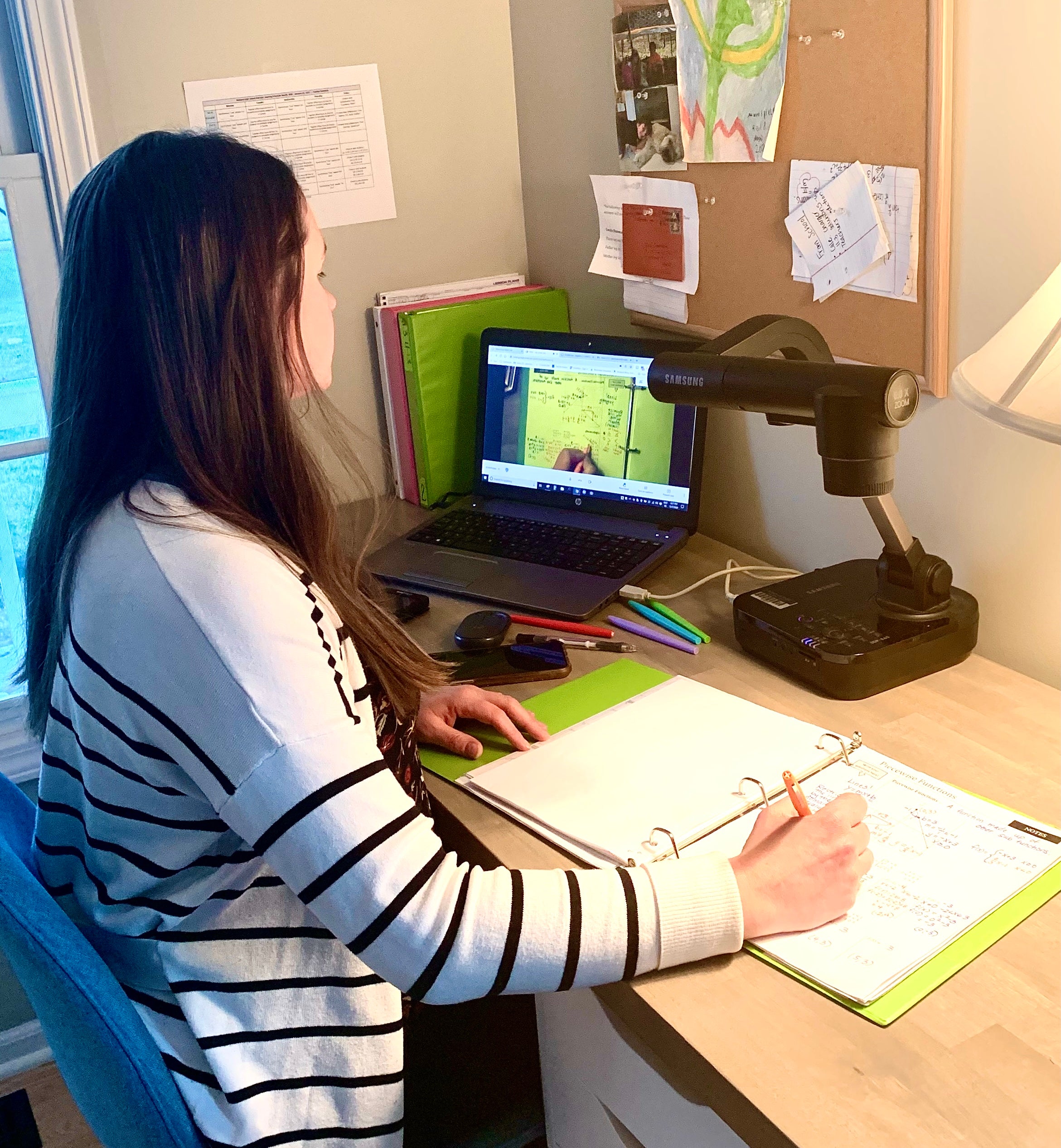
by Dow to share visuals in real-time with students.
“Our community relations folks and everyone else are trying to figure out how we take what we have and repurpose it, if we can, to benefit as many kids as possible or to help with learning, especially knowing that many kids still won’t be in school for some time to come,” said Flint Hills Resources community relations director Heather Rein.
A recent study by researchers at Carnegie Mellon University and the Massachusetts Institute of Technology found that the move to more online learning has hit children from socioeconomically disadvantaged communities especially hard.
"Online instruction is feasible only if children and youth have access to the internet at home," CMU assistant professor Ananya Sen noted in the study’s conclusion. "Although social distancing may be necessary in the wake of this pandemic, the digital divide may exacerbate existing educational inequalities."
Research by standardized testing non-profit NWEA also flagged concerns about the impact of COVID, specifically on forecasted mathematics learning loss for children in grades three through eight.
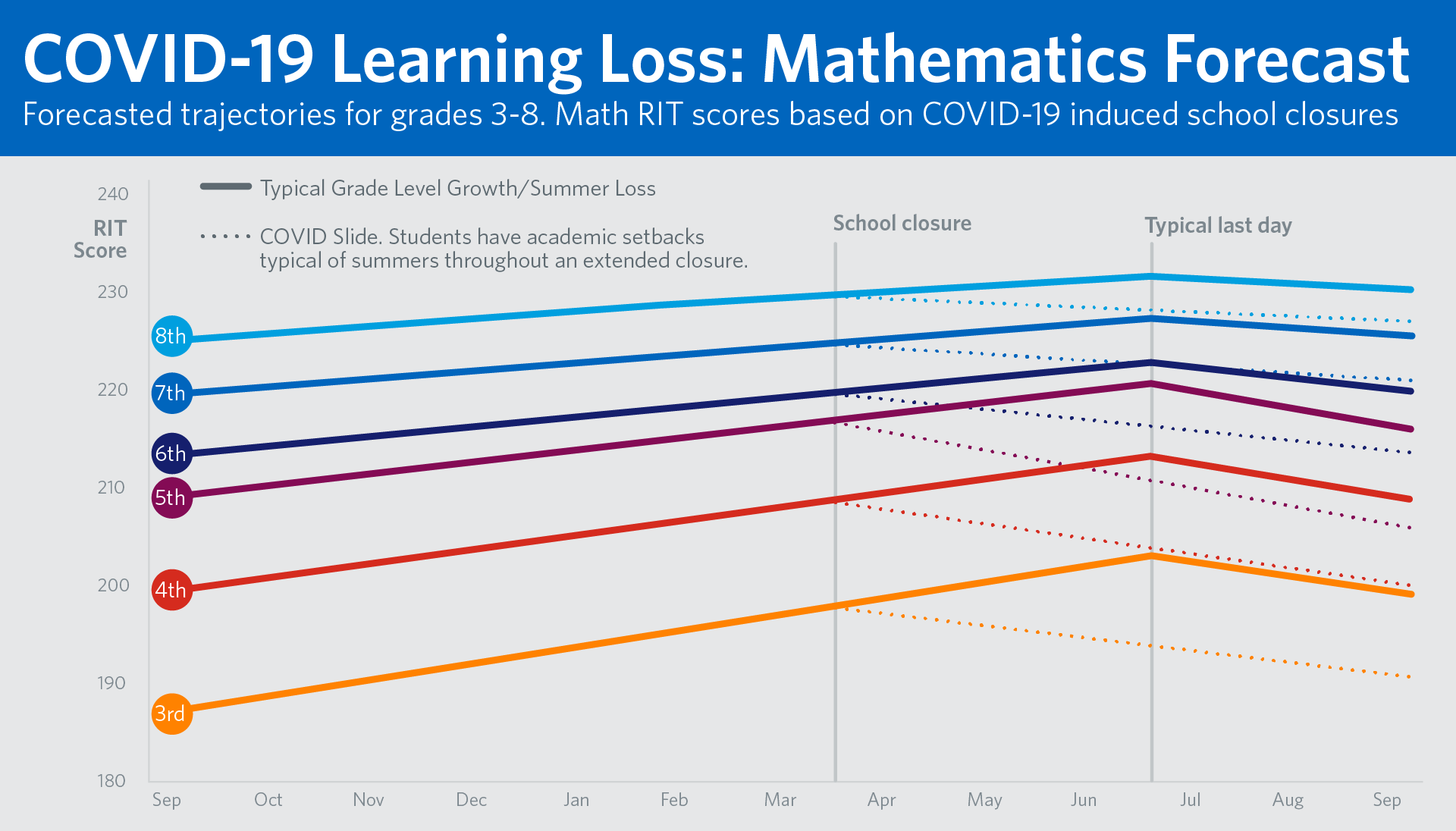
that STEM efforts — such as those supported by the fuel and petrochemical industries — work to address.
Bridging those gaps is why many fuel and petrochemical companies started funding STEM programs in the first place, such as HollyFrontier’s work in Lovington, New Mexico. The company’s Navajo refinery sits adjacent to a school system in a low-income area where more than 50 percent of students receive free or reduced-price lunches. The tight-knit community is comprised of a diverse culture with a strong emphasis on family.
In 2014, HollyFrontier Navajo began its STEM partnership with the Lovington community’s public-school system by providing a state-of-the-art STEM Lab, complete with 3D printers, a computer numerical control (CNC) machine and virtual reality computers. The most transformative contribution, according to teachers and students alike, was helping establish the Lovington Municipal School’s first robotics team.
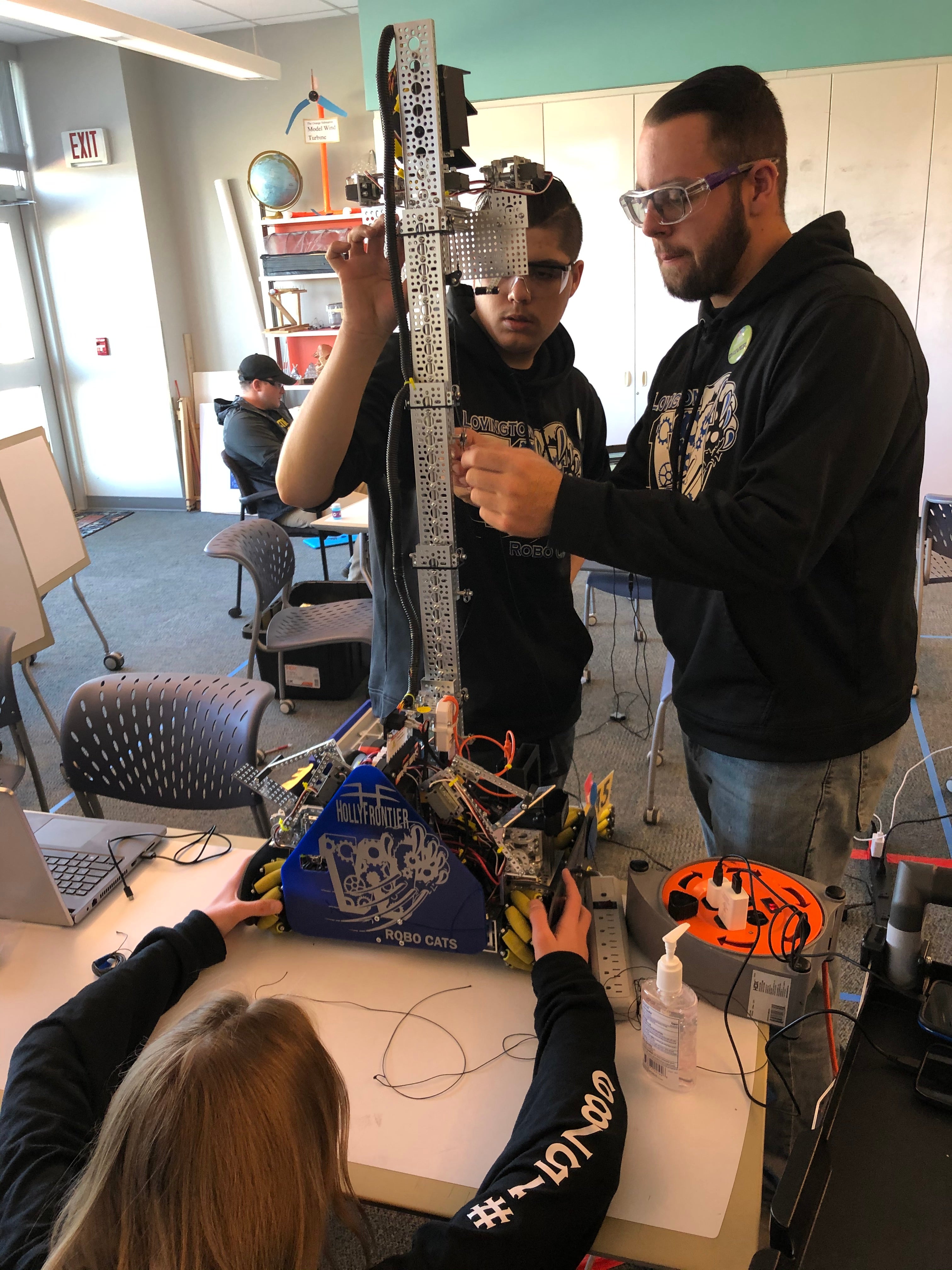
work on their robots before COVID-19 hit. HollyFrontier began its STEM
partnership with Lovington schools in 2014.
HollyFrontier Navajo employees, like community affairs administrator Debbie Rowland, are stepping up their own efforts, volunteering to help lead after-school meetings where students discuss their team projects and prepare for competition. With the pandemic, these practices require a 5:1 student-to-teacher ratio so they can safely work in a shared space while adhering to social-distancing requirements. But these constraints have not slowed down the students nor teachers and volunteers like Rowland who are moving full steam ahead to make the program a success.
“Debbie really takes the time to understand what these community organizations, community leaders and neighbors need,” said HollyFrontier Navajo Human Resources Manager Jessica Simer. “Whether it is a robotics program or food during the pandemic, she gets it. When she tells our employees, ‘We have to do this,’ they know that we have to do this.”
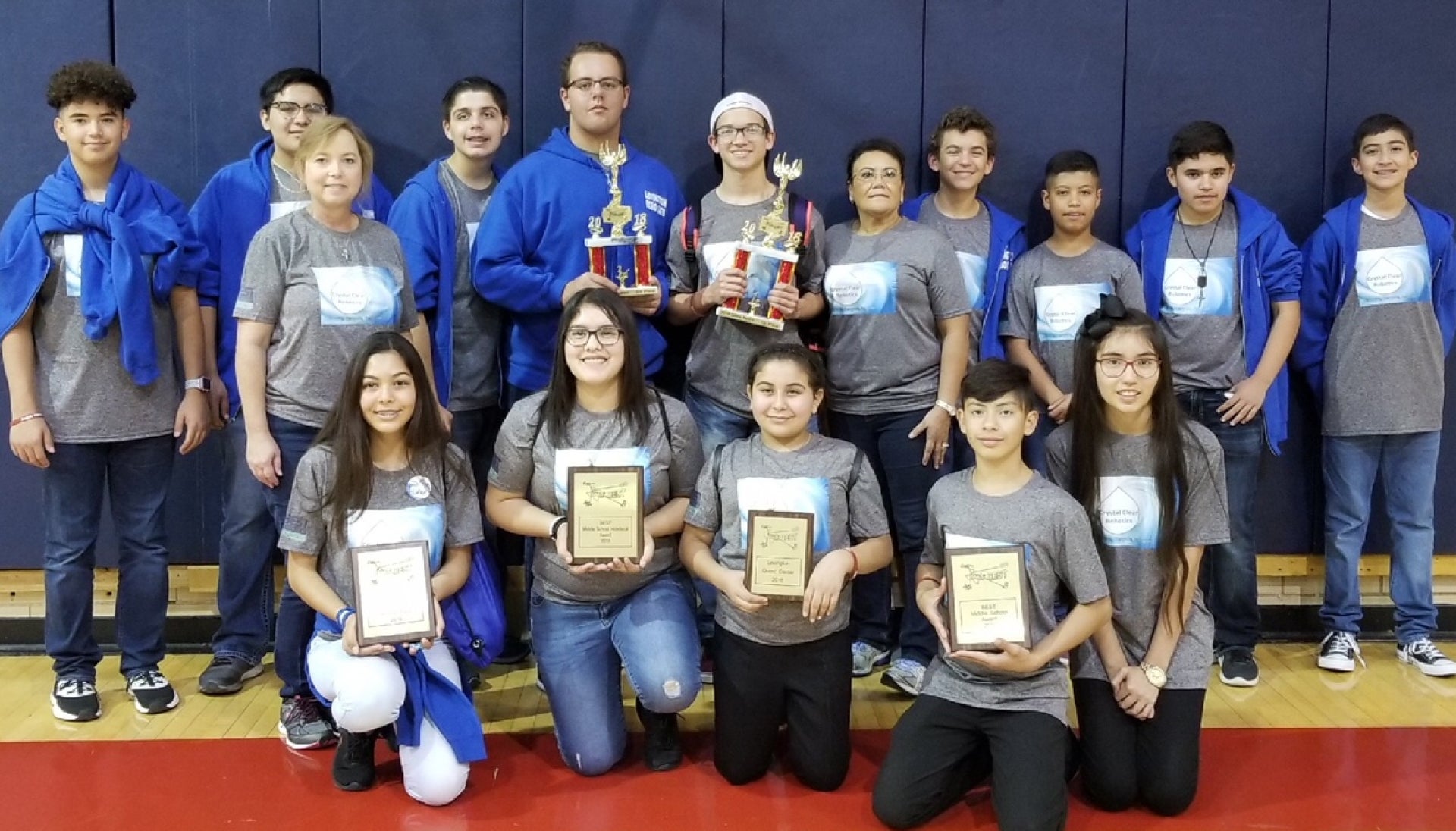
“When I’m with the students, it just fills me with such pride knowing that we have impacted their lives in this way,” said Rowland. “Many of these kids are the first ones in their families to go to college thanks in part to the STEM program and their incredible teachers.”
Norma De La Cruz, a Lovington Municipal School teacher and robotics coach, has noticed the gradual, yet transformative, change in her pupils.
“It has broadened their sense of adventure, career exploration, and overall understanding of leadership, teamwork, communication, determination and dedication,” said De La Cruz, who describes HollyFrontier’s support as “a game-changer” for students.
Nearly a year after COVID-19 first shuttered schools, some districts have reopened intermittently. In Houston, where Phillips 66 operations are based, the fuel manufacturer donated $400,000 to three of the area’s largest school districts to assist with the safe return to in-person learning for 320,000 students. The funds are being used to purchase personal protective equipment, including face shields, masks and plastic partitions to ensure students and teachers who do return to the classroom, can focus on the academic instead of the pandemic.
“We have a deep appreciation and understanding of the great care that is being taken to keep students safe,” said Phillips 66 senior vice president of human resources and corporate communications Sonya Reed, who oversees the company’s philanthropic efforts.
“We wanted to help make sure our schools were as prepared as they could be — and then some — for this new phase.”


